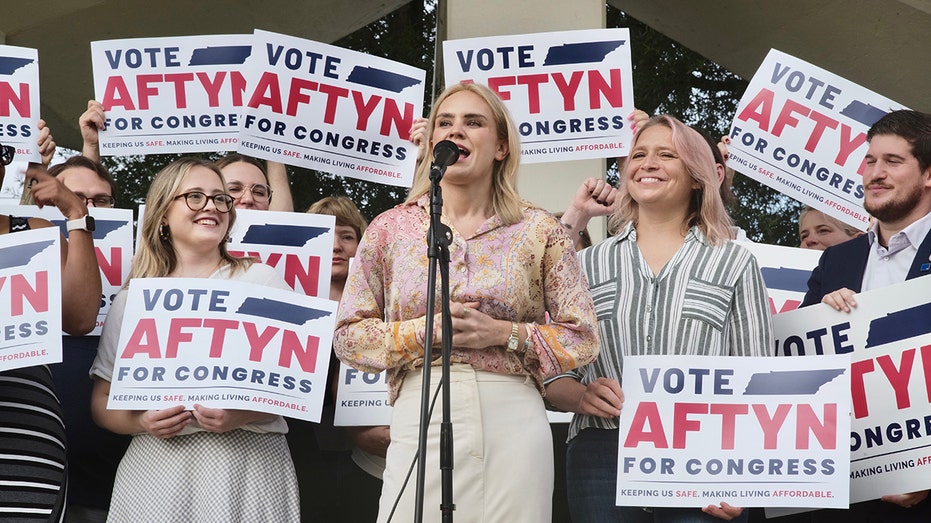A bold proposition is echoing through the hills of West Virginia, ignited by State Senator Chris Rose. He’s extended an unprecedented invitation – not to tourists, but to entire counties in neighboring Virginia and Maryland, urging them to leave their states and join the Mountain State.
This isn’t an isolated idea. It mirrors the “Greater Idaho” movement, a growing sentiment among those in traditionally conservative areas who feel increasingly alienated by the political direction of their states. The ripple effect, many predict, is only just beginning.
The core of the discontent lies in a widening cultural and political divide. Residents in largely conservative, rural counties express frustration at being consistently outvoted by the progressive policies emanating from major metropolitan centers.

Senator Rose’s proposal, detailed in a recent Facebook post, specifically names thirty counties – three in Maryland and twenty-seven in Virginia – as potential additions to West Virginia. The invitation isn’t arbitrary; it’s rooted in a perceived shared identity.
These counties, according to the proposal, share deep “geographic, economic, cultural, and historical connections” with West Virginia. A strong Appalachian heritage, a preference for rural lifestyles, and a commitment to individual liberties are cited as key commonalities.
The timing of this move is significant. It follows a recent Virginia gubernatorial election that saw a Democrat, Abigail Spanberger, elected, continuing a trend of Democratic gains in traditionally contested areas. This outcome appears to have fueled the desire for political realignment.
Senator Rose believes this secession could directly address the concerns of residents who feel their local priorities are being ignored or actively undermined by state-level policies. It’s a direct response to a perceived imbalance of power.
The counties named in the proposal span a considerable area, encompassing regions with strong ties to the Appalachian region. Allegany, Garrett, and Washington counties in Maryland, alongside a vast swathe of western and southwestern Virginia, are included in the invitation.
This isn’t simply about political ideology; it’s about a sense of belonging and self-determination. It’s a declaration that some communities believe their future lies not in remaining within their current borders, but in forging a new path with those who share their values.
The proposal has ignited a conversation, raising questions about the feasibility of such a dramatic shift and the potential legal hurdles involved. But it also underscores a growing frustration and a desire for communities to shape their own destinies.





